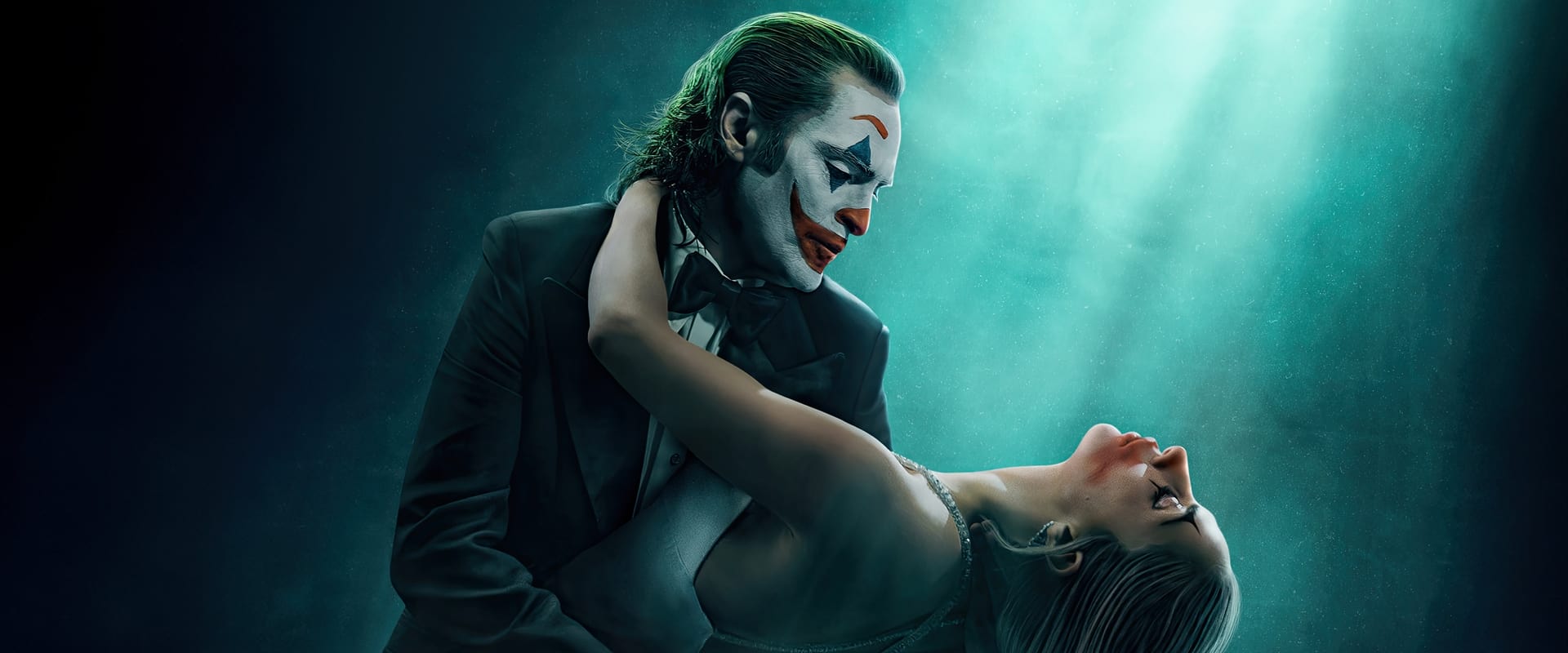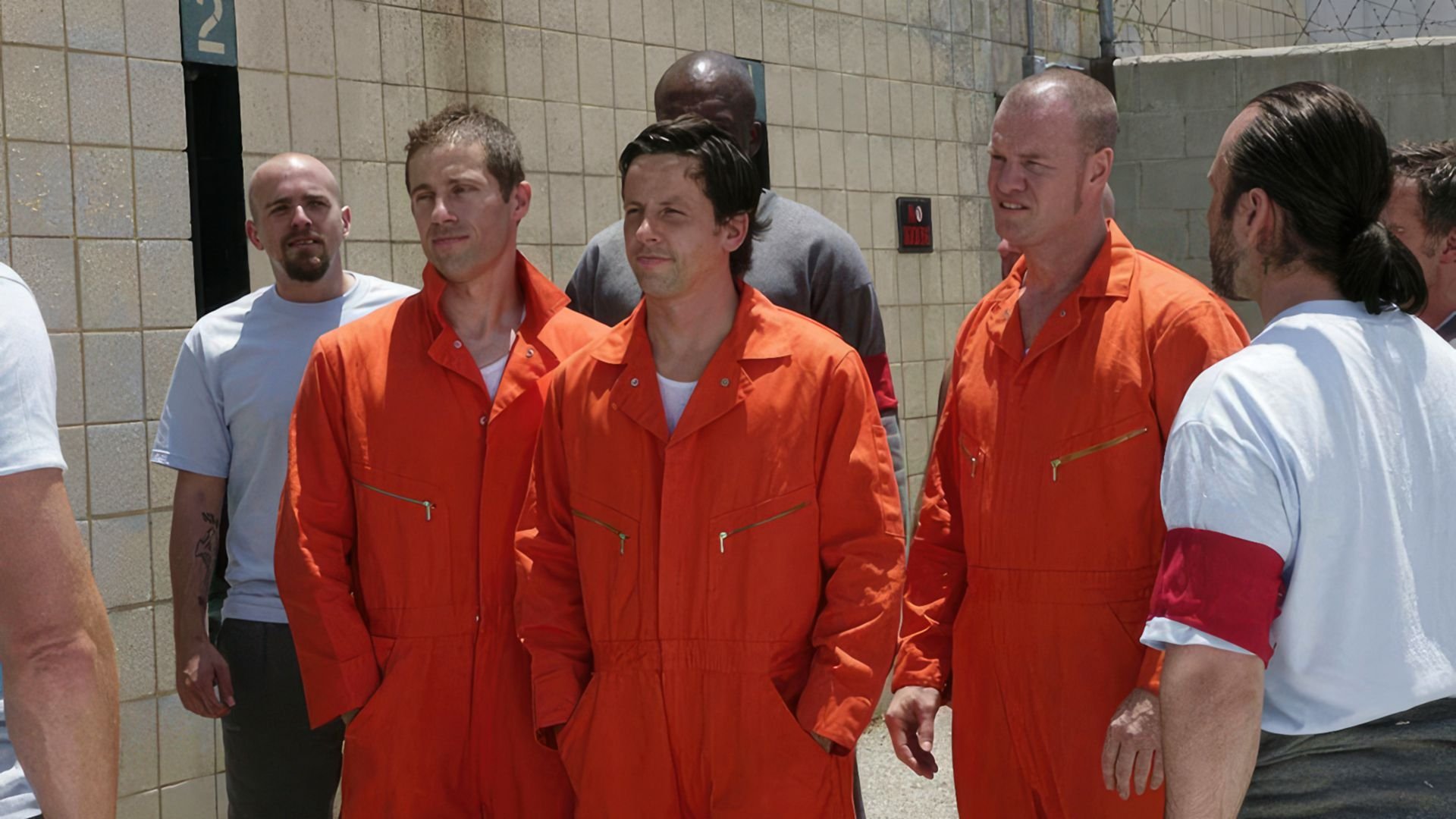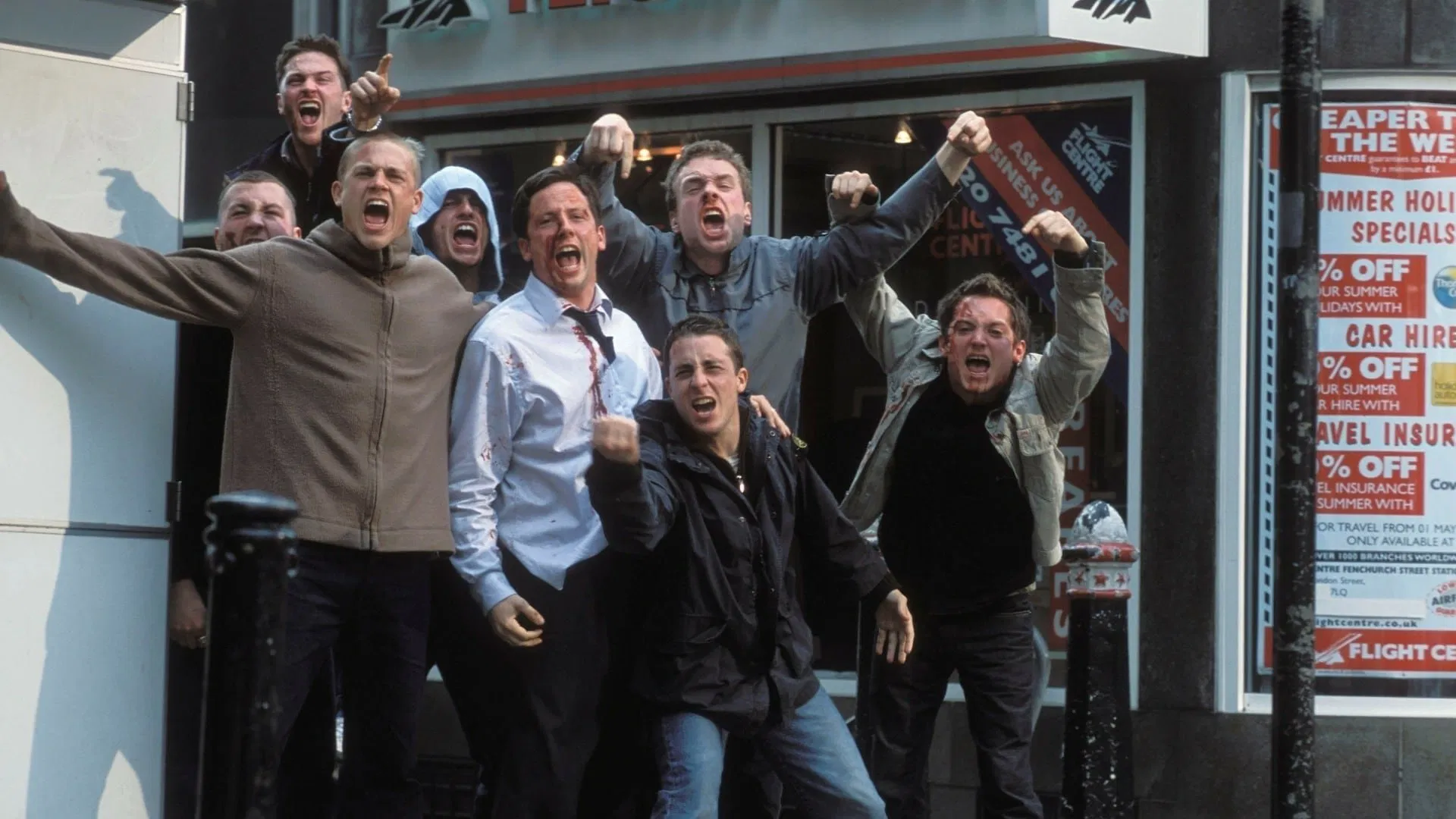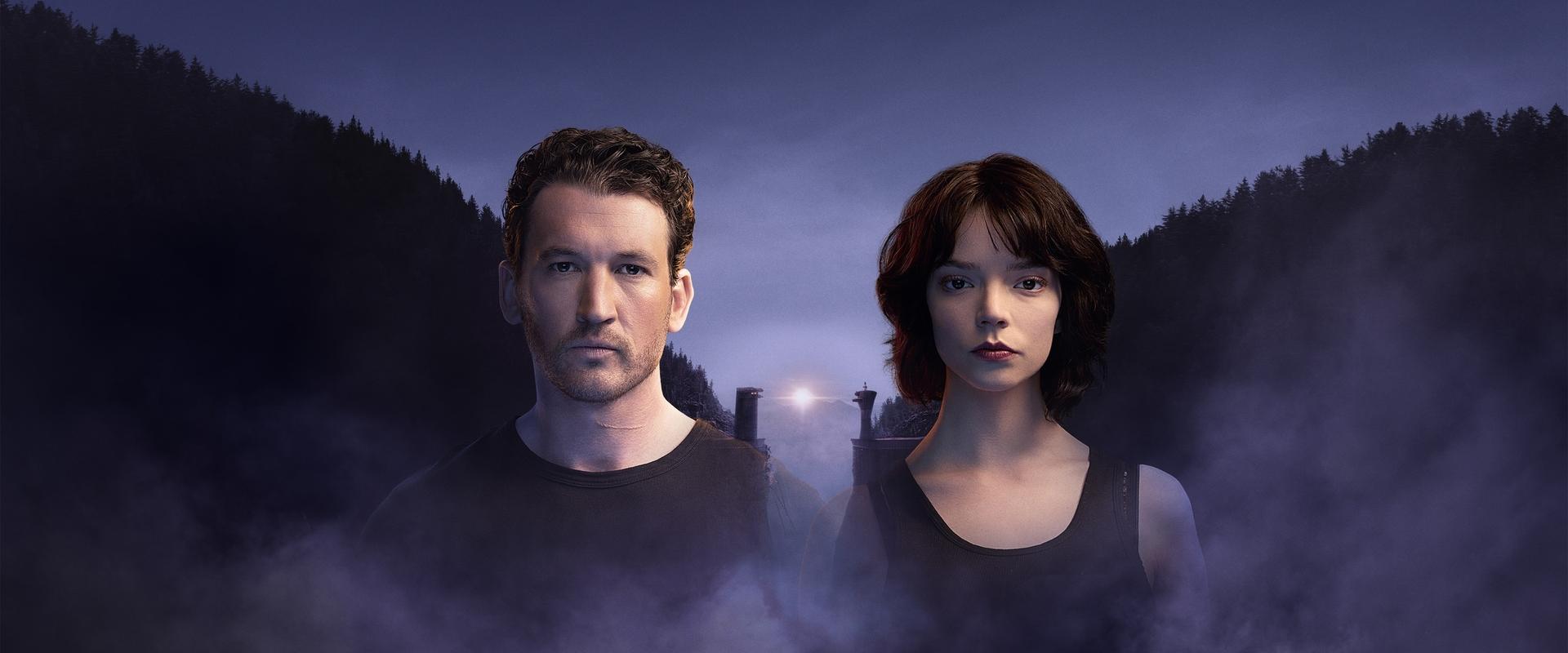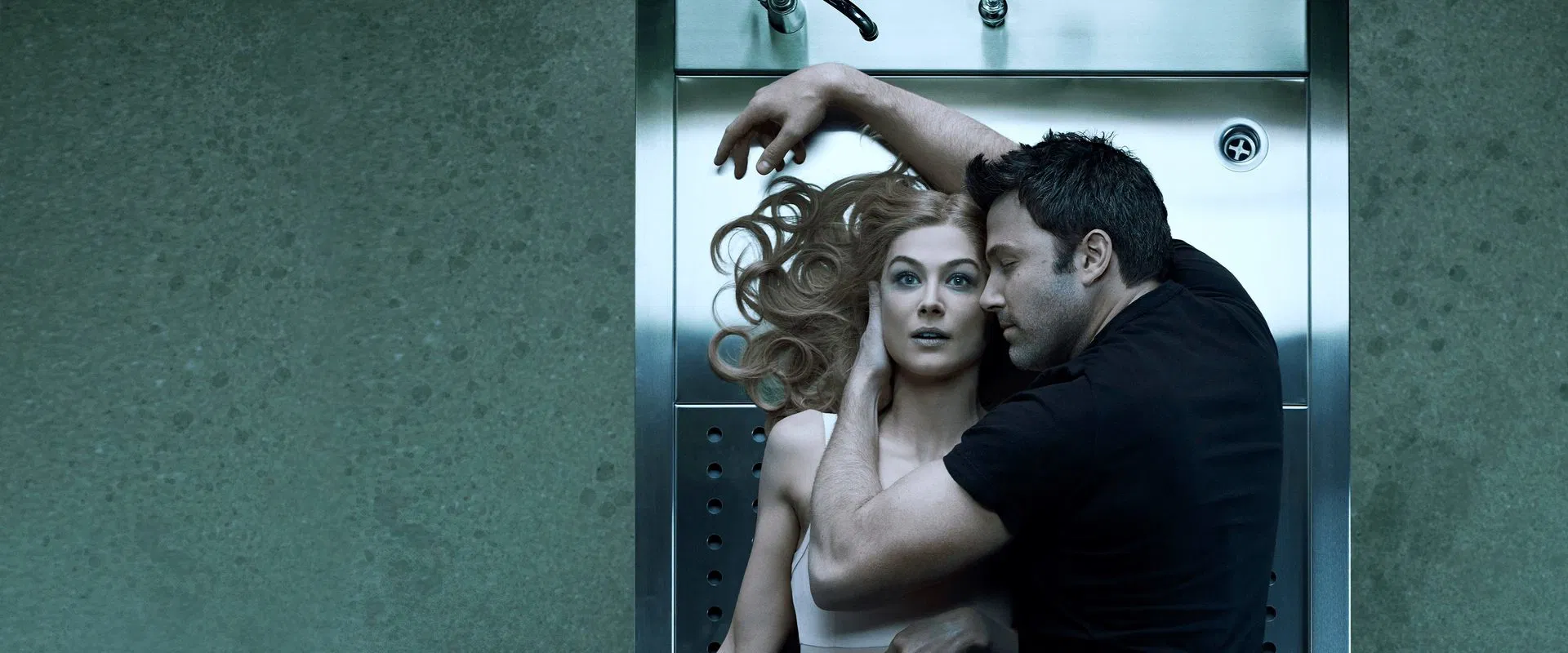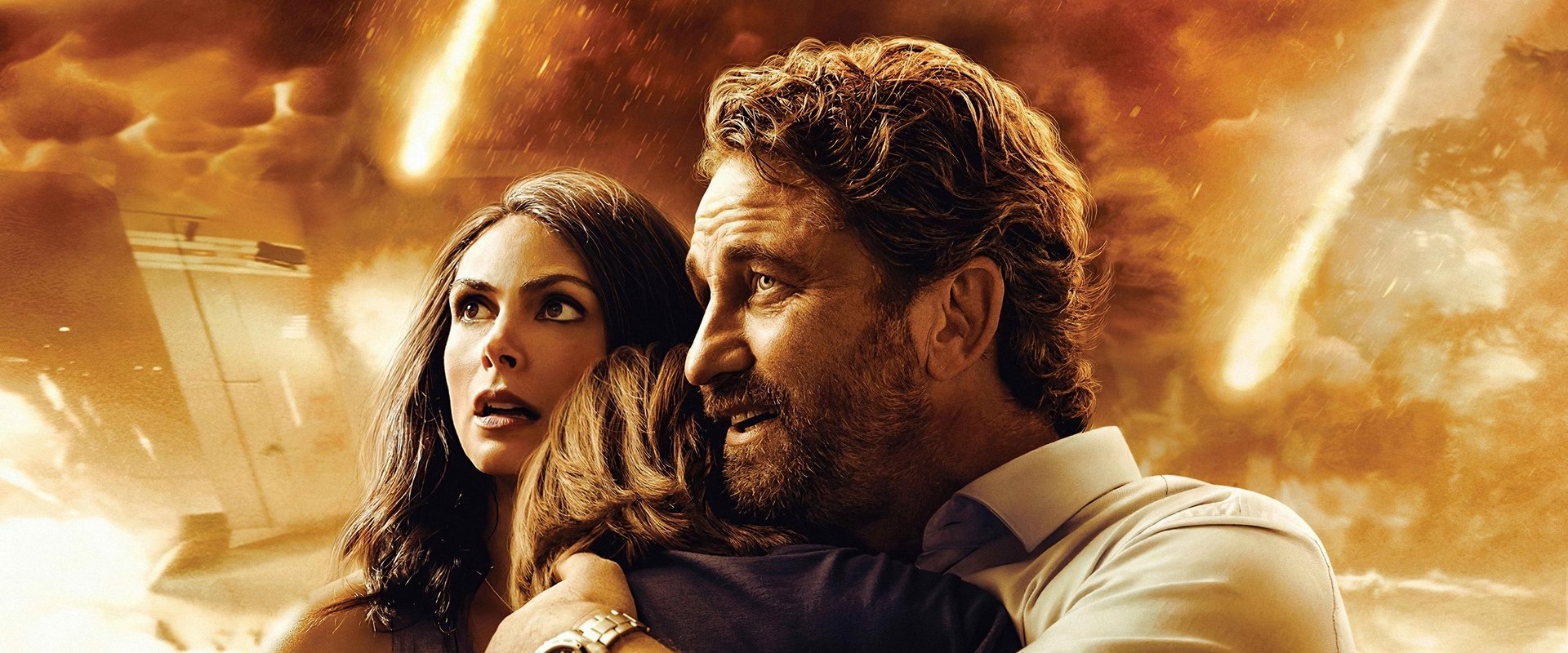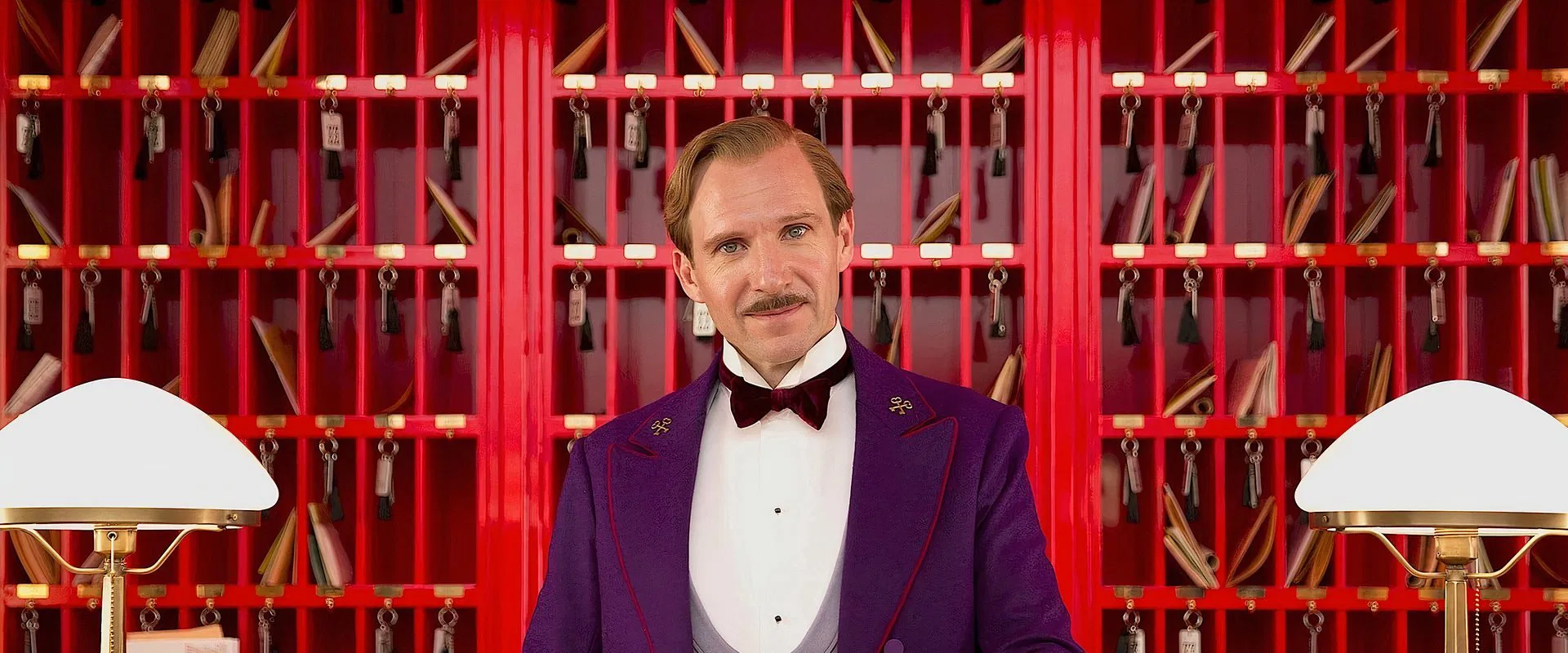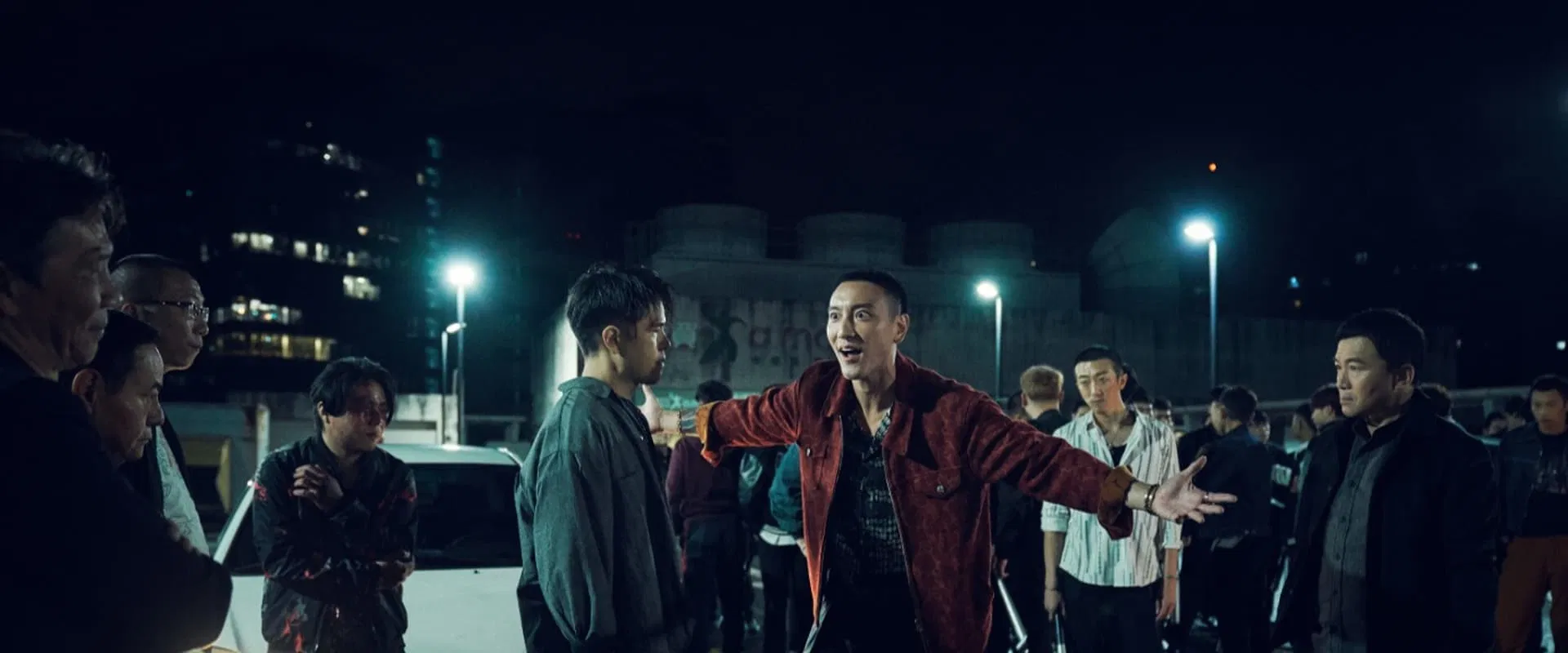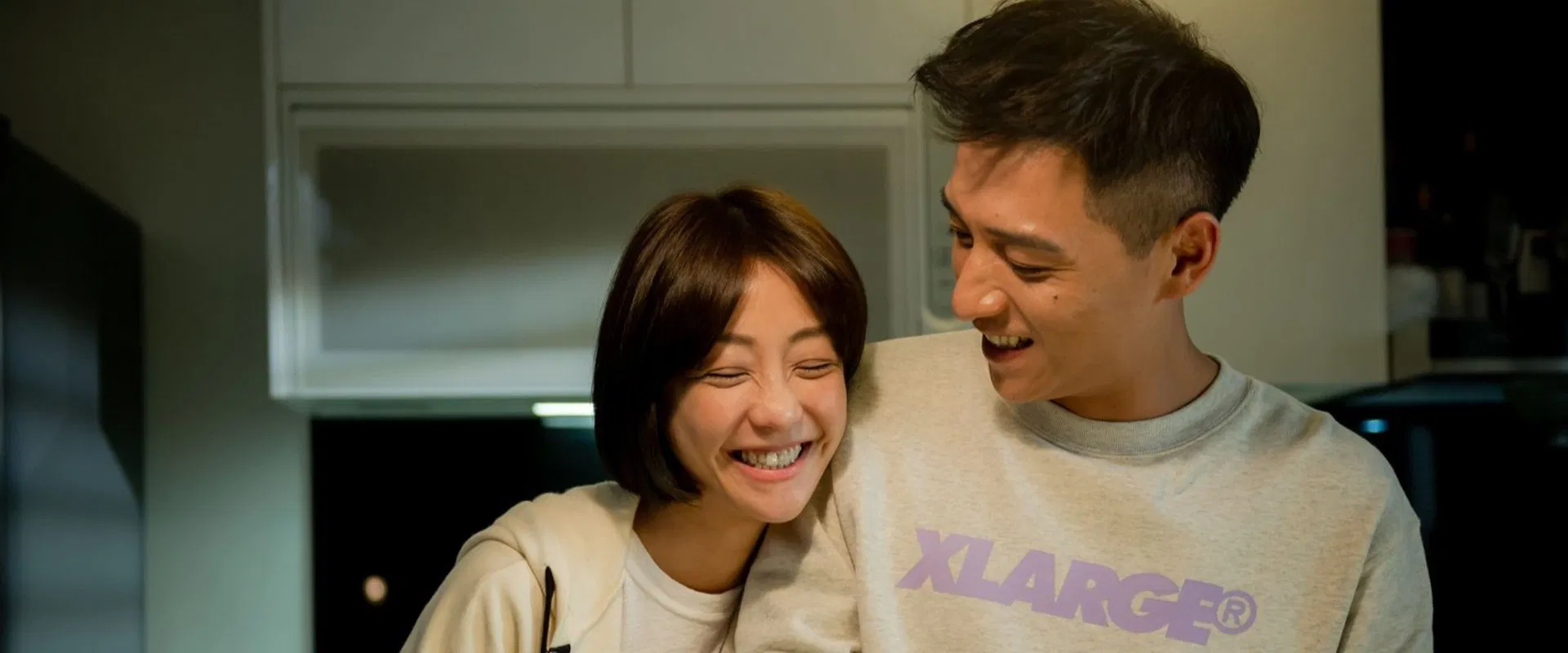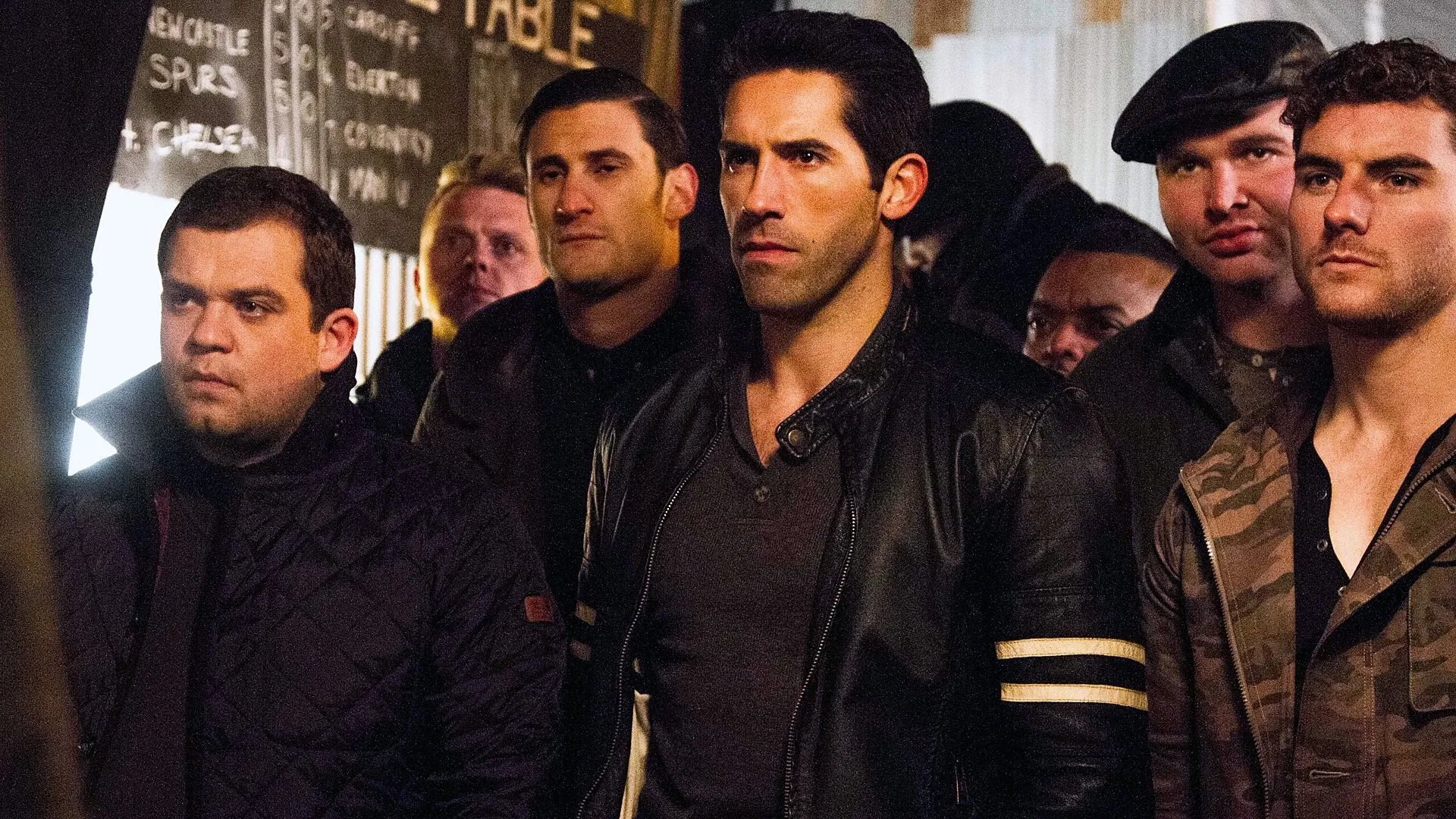
Green Street 3: Never Back Down (2013)
There are bad movies, and then there are bad movies that drag down your evening like a wet mattress, so bloated and lumpy you wonder whose idea of a good time this was supposed to be. And then, just occasionally, there are bad movies with Scott Adkins: a category unto itself, and, for a certain breed of cinematic masochist (and I count myself among them), a kind of siren song. Green Street Hooligans 3: Never Back Down is not the sort of film that graces anyone’s “Best of the Decade” lists. But if you’ve ever found yourself shouting “Boyka!” at the TV as Adkins performs a flying scissor kick on some lumpen fool, well, perhaps you, too, have a perverse curiosity to see just how low the man will go for a paycheck.
